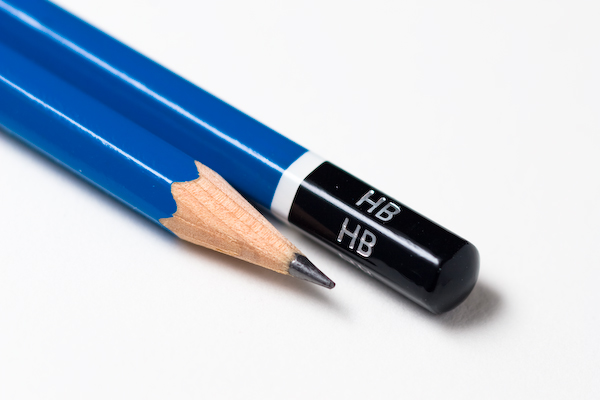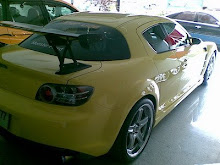What is evaluation?
Evaluation is about using monitoring and other information you collect to make judgements about your project. It is also about using the information to make changes and improvements.
Evaluation aims to answer agreed questions and to make a judgement against specific criteria. Like other research, for a good evaluation, data must be collected and analysed systematically, and its interpretation considered carefully. Assessing 'value' - or the worth of something - and then taking action makes evaluation distinctive. The results of an evaluation are intended to be used.
There are many different perspectives and approaches to evaluation. Answering questions such as 'Why are we doing it?' 'Who is the evaluation for?' and 'What are the key issues to address?' will help you decide whether you wish to self-evaluate or to have an external evaluation. The questions will help you to think about what you want to focus on. For example, this could be:
Evaluation aims to answer agreed questions and to make a judgement against specific criteria. Like other research, for a good evaluation, data must be collected and analysed systematically, and its interpretation considered carefully. Assessing 'value' - or the worth of something - and then taking action makes evaluation distinctive. The results of an evaluation are intended to be used.
There are many different perspectives and approaches to evaluation. Answering questions such as 'Why are we doing it?' 'Who is the evaluation for?' and 'What are the key issues to address?' will help you decide whether you wish to self-evaluate or to have an external evaluation. The questions will help you to think about what you want to focus on. For example, this could be:
- your organisational structure and how it works
- how you carry out your services or activities
- how users experience the project
- what changes or benefits the project brings about





